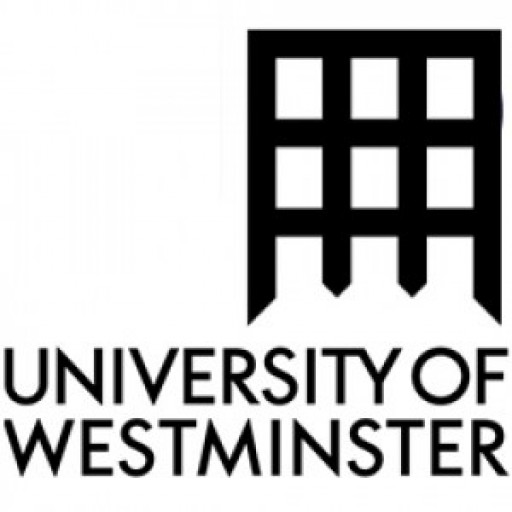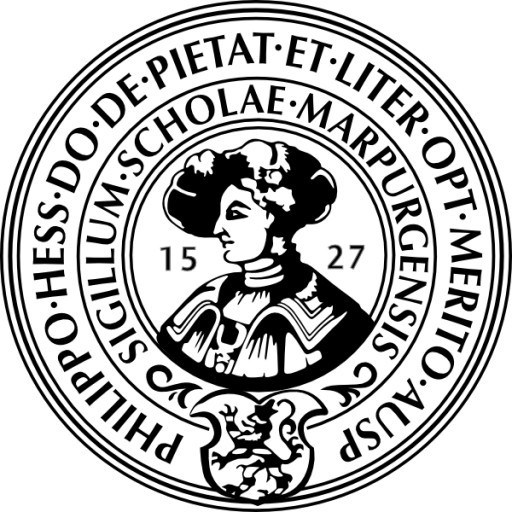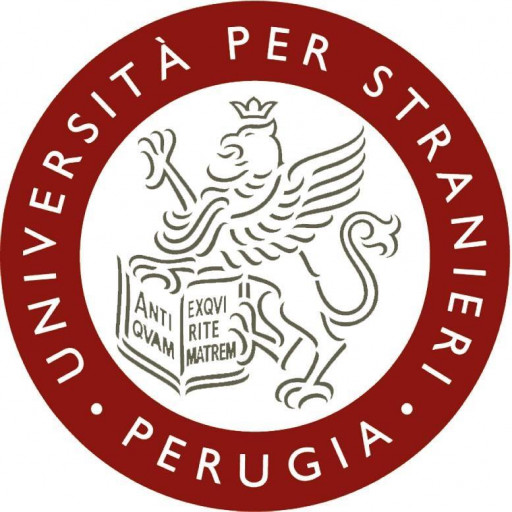The programme gives students a holistic understanding of social change and human development combined with economic, biological and technological knowledge for innovation, resource management and environmental protection in developing countries.- Study plans are tailored individually to meet special interests of students. Core courses address issues of development theory, poverty, environment and collective action. In addition to these courses, students can choose from a variety of subjects, such as ecotechnology, anthropology, tropical ecology, economics, agriculture, gender and rural development. One semester is normally spent in a developing country for field courses and field research work. The degree is granted on the basis of course work and a research thesis. - About half of the students are international. The programme prepares students for employment with ministries, development aid agencies, education, research institutions, media and consulting companies.
Admission requires a bachelor's degree, a Norwegian cand. mag. degree, or an equivalent background in a relevant field, e.g., political science, education, anthropology, sociology, resource management, or economics.Applicants must meet the university's requirement for English language proficiency
No tuition fees
Nokut certification










